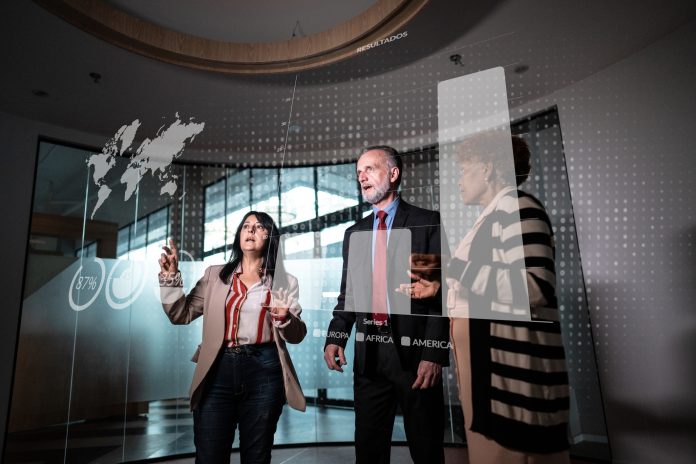The European Union is upping its efforts to become a global leader in artificial intelligence (AI) and digital transformation
On April 9, the European Commission introduced the AI Continent Action Plan, an initiative to strengthen Europe’s technological sovereignty, boost competitiveness, and stimulate economic growth.
The European Digital Innovation Hubs (EDIHs) are part of this initiative, a network that is already delivering impactful results across the continent.
Driving digital maturity
The European Digital Innovation Hubs have become important in helping businesses and public organisations respond to digital challenges.
Since their establishment, these hubs have supported the digitalisation of nearly 9,000 small and medium-sized enterprises (SMEs) and 800 public sector entities. According to a new report by the European Commission’s Joint Research Centre (JRC), 90% of these users improved their digital maturity after engaging with the hubs.
A big contributor to this success is the Digital Maturity Assessment Tool, developed by the JRC, which helps organisations identify their current capabilities and target areas for growth. Among the most notable improvements were in AI adoption and automation, which accounted for a 35% increase in digital performance.
A widespread and active network
The EDIHs act as intermediaries between technology providers and users, offering key services, including training, funding advice, and access to test-before-invest facilities.
The network covers 90% of European regions and, by September 2024, had organised over 5,000 events, reaching more than 200,000 participants. In total, the hubs have delivered over 18,000 services, helping to foster a culture of innovation and digital readiness across Europe.
These hubs have proven particularly effective in connecting tech innovators with end-users, bridging gaps that previously hindered digital uptake. The JRC report also highlights the hubs’ reach across various industries, sizes of businesses, and levels of digital skill, helping to pinpoint both high-demand areas and existing support gaps.
Experience centres for AI
As part of the next AI Continent Action Plan phase, the European Digital Innovation Hubs will evolve into Experience Centres for AI by December 2025. These new centres will focus on sector-specific AI solutions, offering enhanced collaboration with AI testing facilities and innovation factories.
The transformation will allow businesses to access large-scale testing environments, computational resources, and tailored support. These Experience Centres are expected to become vital resources for companies seeking to integrate AI technologies into their operations effectively and responsibly.
Upskilling for a digital future
Another main goal of the action plan is to build a skilled workforce that can drive and sustain AI adoption across sectors. The hubs will expand their training efforts, targeting SMEs and start-ups while promoting ongoing worker education. This includes improving AI literacy and fostering a culture of lifelong learning, essential components for staying competitive in a rapidly evolving digital economy.
The European Union’s strategic investments in AI and digital innovation are already making a significant impact. As the EDIHs transition into Experience Centres and continue to upskill the workforce, Europe is positioning itself as a user and a shaper of future AI technologies.











